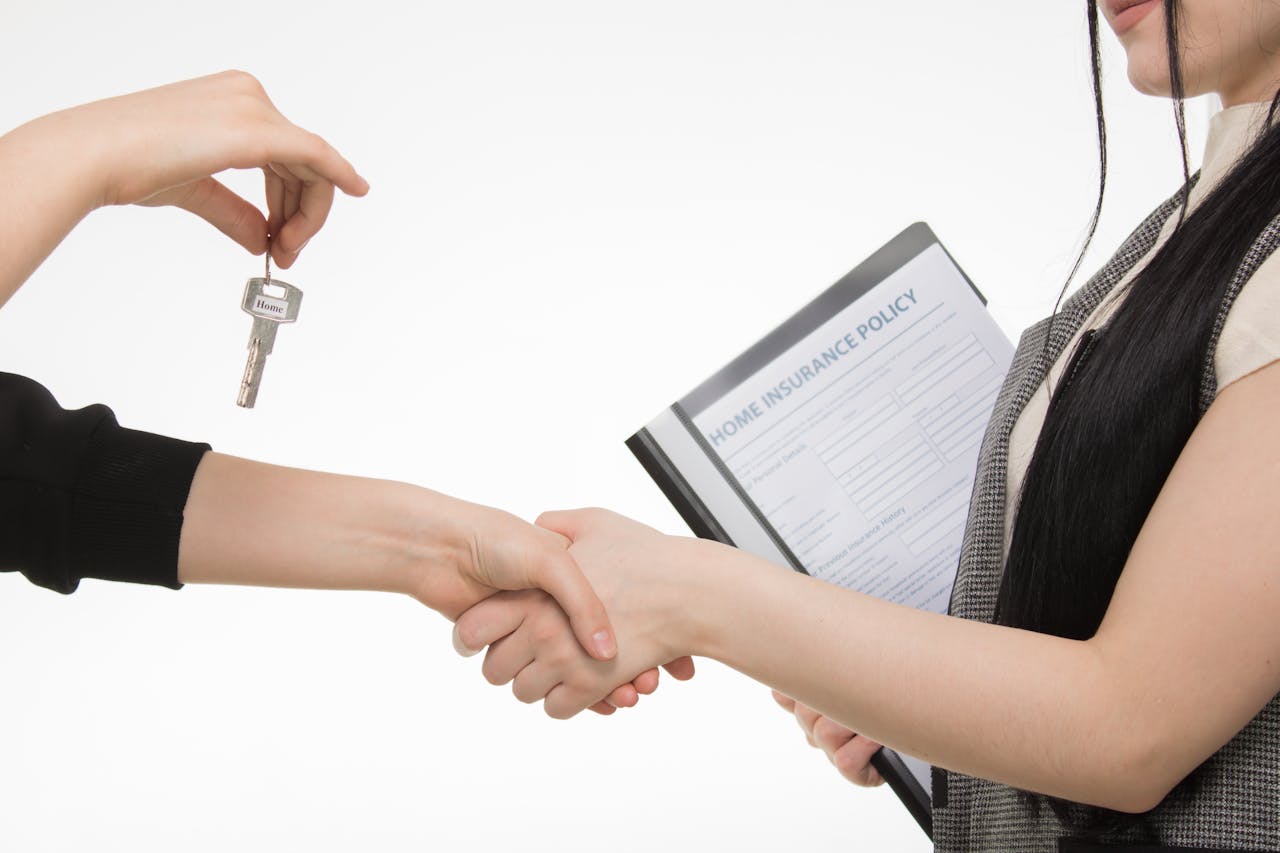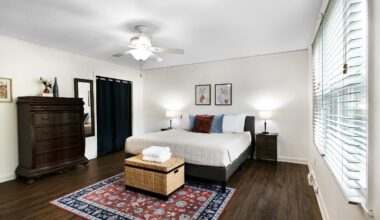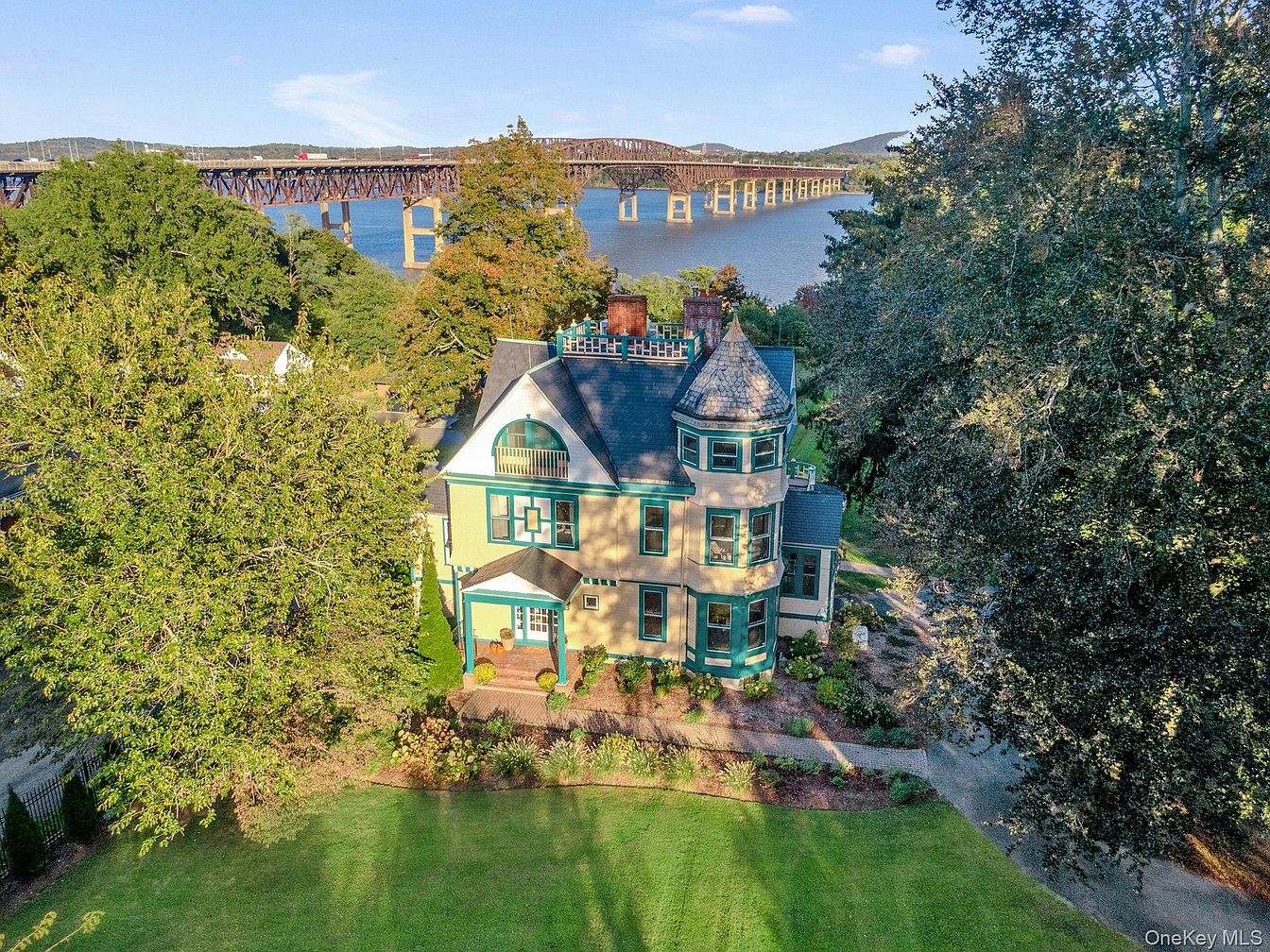The 1990s may feel like the recent past, but renter laws back then were a different world. Tenant protections were weaker, documentation was looser, and landlords often held all the cards. Many things that seem illegal or unfair today were completely legal just a few decades ago. If you were renting in the ’90s, you probably witnessed some of these firsthand. Here are ten outrageous things landlords could legally get away with back in the day.
1. Raise Your Rent Without Much Notice

During the 90s in many U.S. states, landlords could increase your rent with very little warning. Month-to-month tenants had almost no protection. In some cases, a 30-day notice was enough to double your rent. There were no rent control policies in many cities, meaning landlords could raise prices dramatically to chase tenants out or make more money. Today, rent hikes are often capped or restricted, but in the ’90s, it was a free-for-all.
2. Refuse to Rent to You for Pet Ownership
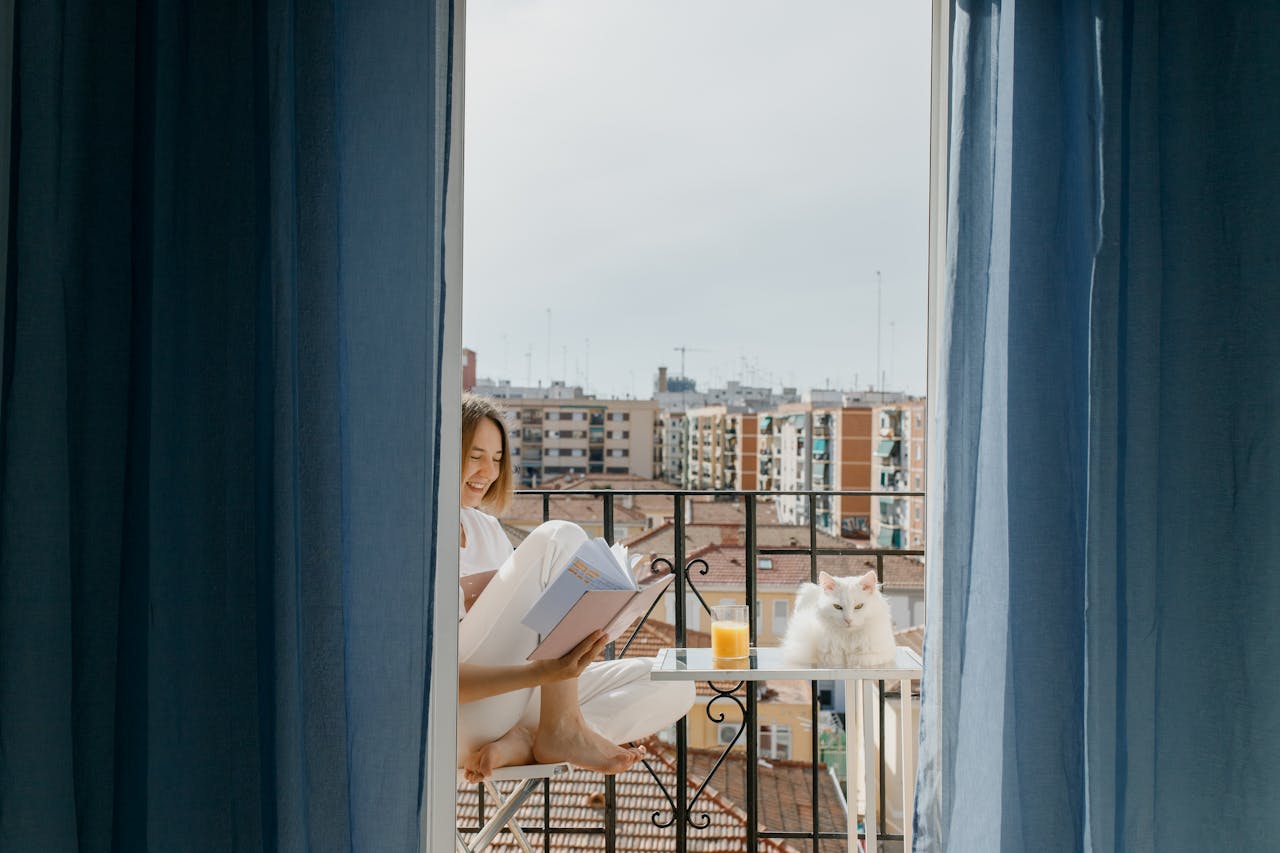
In the ’90s, landlords could easily reject your application if you owned a pet, even a goldfish. Unlike today where pet deposits and pet agreements are common, many landlords simply banned pets altogether without exception. Emotional support animals weren’t legally protected under housing laws the way they are now. Refusal wasn’t considered discrimination. If you had an animal, you were out of luck, and they didn’t even need to explain why.
3. Enter Your Apartment Without Much Warning
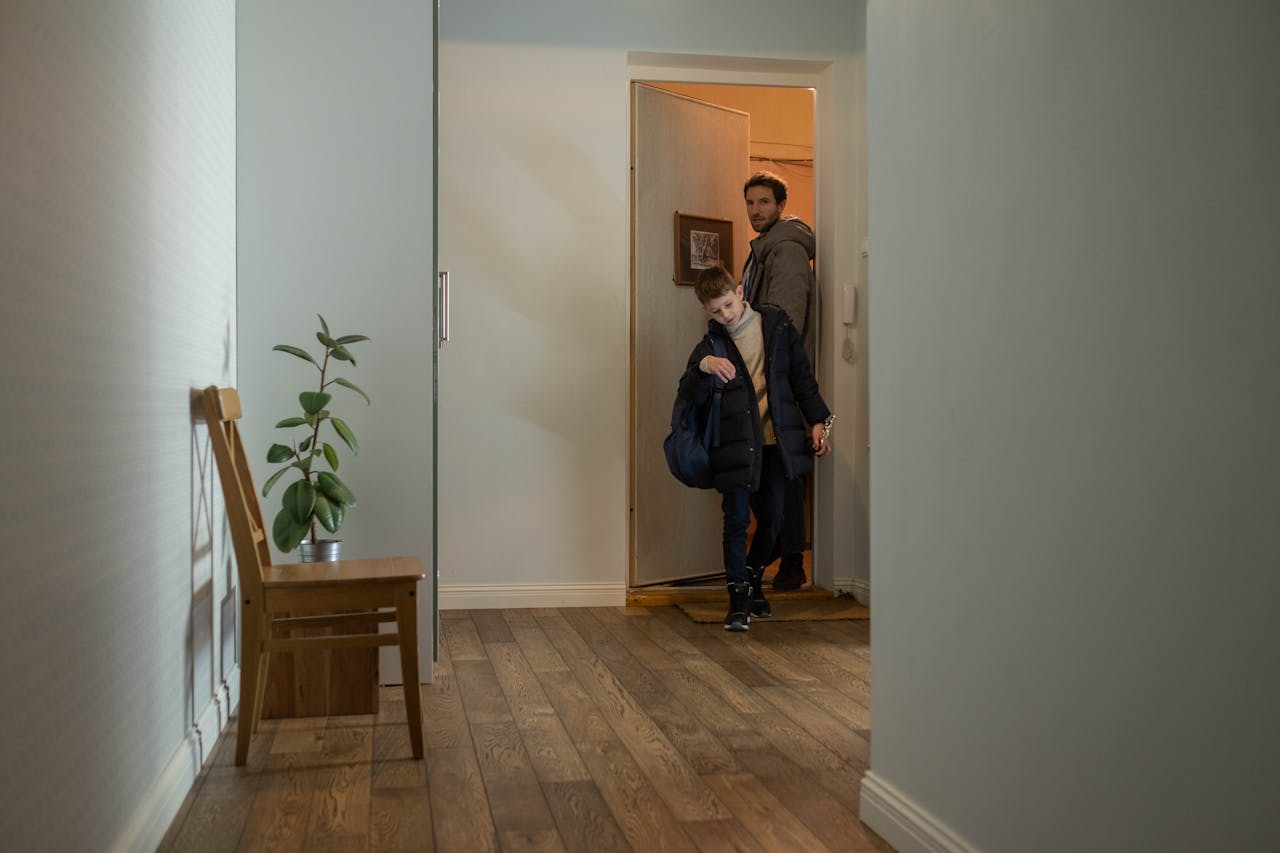
While some states had basic entry laws, many places allowed landlords to enter your unit with little notice. In the ’90s, it was common for landlords to “check in” or perform surprise inspections with only a quick heads-up or no warning at all. Privacy laws were far looser than they are now, and tenants had very little power to complain. You could come home to find your landlord inside and technically not breaking the law.
4. Reject You Based on Occupation

Believe it or not, landlords could legally deny tenants based on their job. If they didn’t like that you were a bartender, musician, or freelance artist, they could simply toss your application. Occupation discrimination wasn’t always viewed as unfair or illegal unless it tied directly into race or gender. Landlords often claimed job type indicated “unreliable income” and used it as a reason to reject applicants, especially young or creative professionals.
5. Limit Who Could Visit You

Some landlords in the ’90s had strict guest policies that today would raise serious legal concerns. They could place time limits on how long friends could stay, restrict overnight guests entirely, or require written approval for visitors. If you violated their rules, they could threaten eviction. These policies were legal in many places as long as they were included in the lease. Tenant rights to host visitors have improved since, but not back then.
6. Deny Housing Based on Marital Status
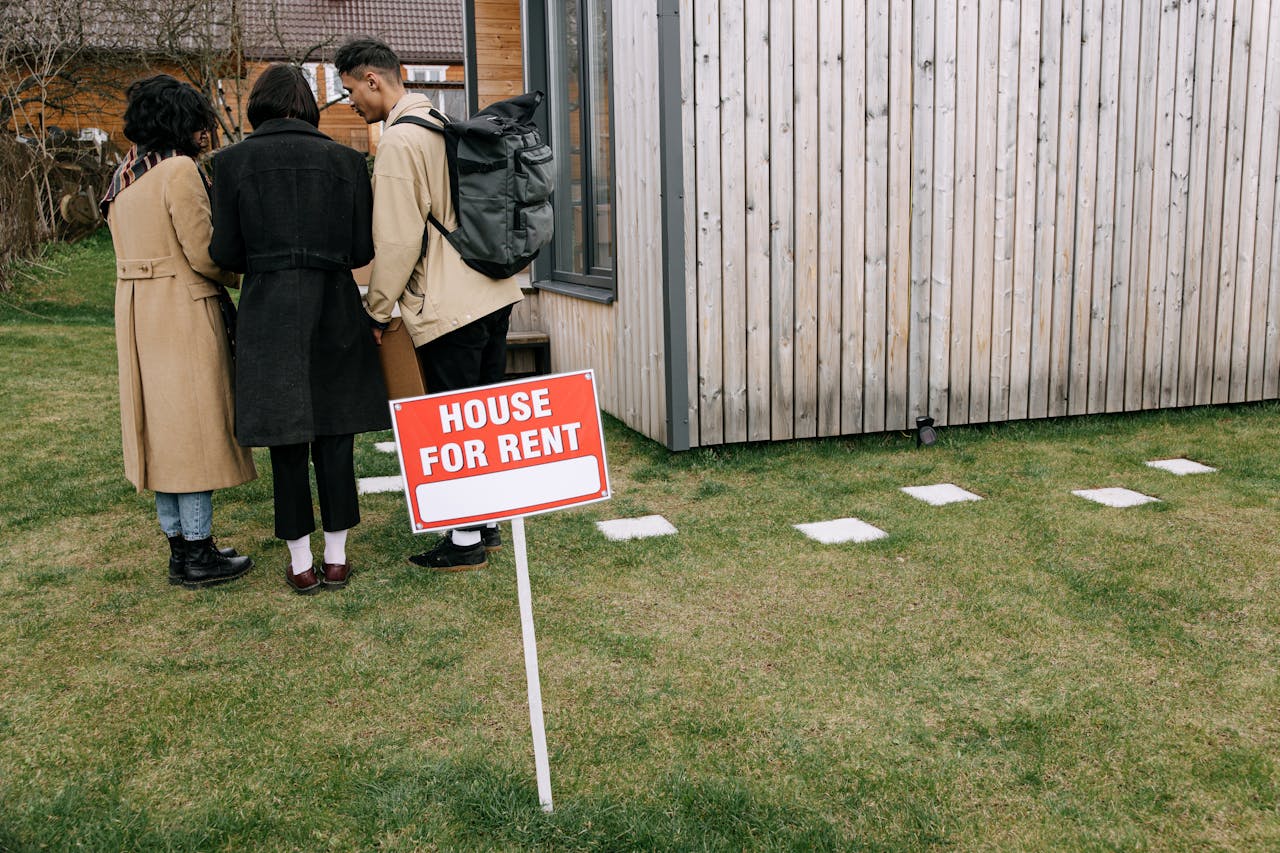
Unmarried couples often struggled to rent together in the 90s. In many states, landlords could legally reject applicants who weren’t married. Living together before marriage was still taboo in some areas, and landlords used morality as a clause. Some rental ads even stated “married couples only” without legal consequence. Today, this would be flagged for discrimination in many regions, but at the time, it was seen as a landlord’s personal right.
7. Provide Minimal Heat or Cooling
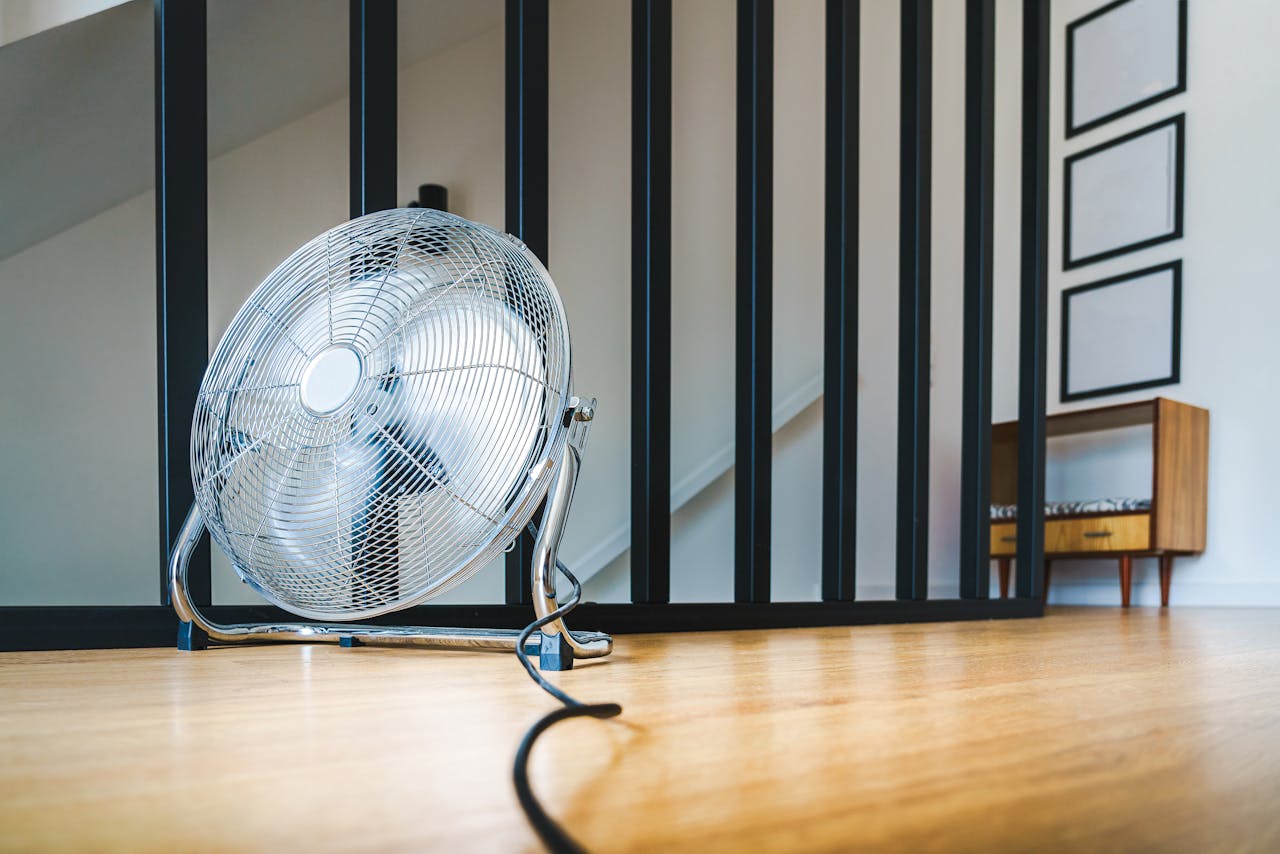
Housing codes were far less strict in the 1990s, and some landlords got away with offering little to no climate control. Depending on the state, landlords could provide barely enough heat in winter or none at all. Air conditioning was considered a luxury, not a requirement. Renters had to rely on fans or space heaters. Complaints were often ignored, and few enforcement mechanisms existed. Comfort was not guaranteed, just a roof over your head.
8. Evict You Without Cause

In many places, landlords in the ’90s could evict tenants without providing a specific reason, especially for month-to-month leases. As long as they gave notice, often just 30 days, they didn’t have to explain anything. It wasn’t until later that just-cause eviction rules became common. Tenants had little power to fight back. This meant you could lose your home over petty disputes or vague complaints and still be fully within your landlord’s legal rights.
9. Keep Your Entire Security Deposit
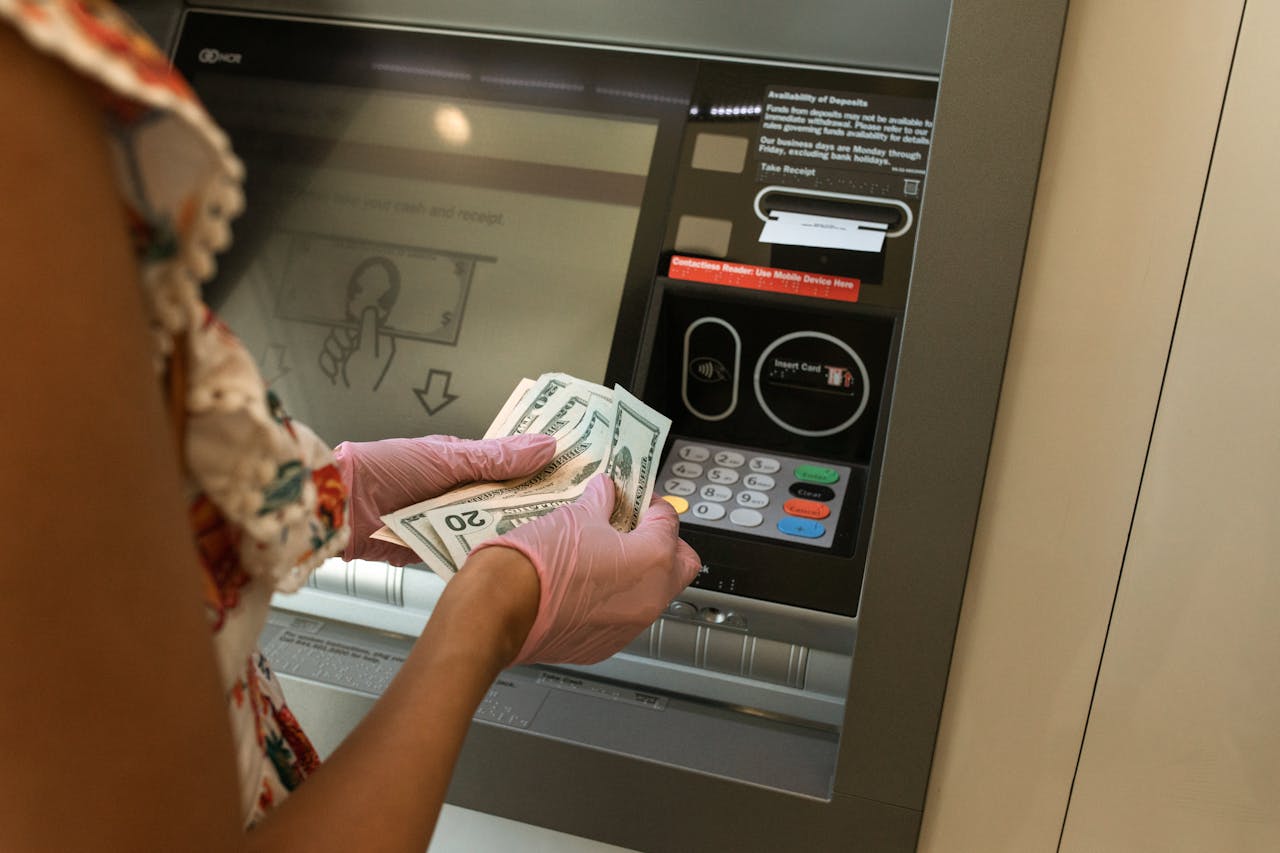
It was far more common for landlords to withhold your entire security deposit, even for minor issues like dust or faded paint. Documentation rules were weak, and you often had no clear way to fight back. Small claims court was your only option. Some landlords simply refused to return deposits as a policy. Today, many states require itemized lists, photos, and strict timelines, but in the ’90s, renters lost a lot of money.
10. Ban Your Kids from Living There

Believe it or not, some landlords openly refused to rent to families with children. Federal fair housing laws existed, but enforcement was spotty and exemptions were common. Some buildings were labeled “adult-only” and that alone was used to keep out families. Landlords cited noise or property damage as reasons. It wasn’t always illegal, especially in smaller complexes. Parents often had to hide the fact that they had kids just to get approved.
